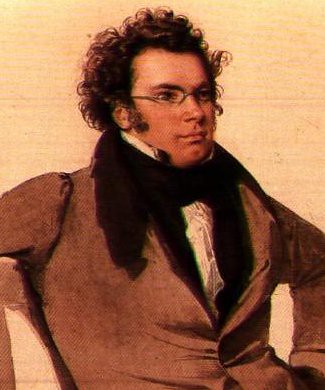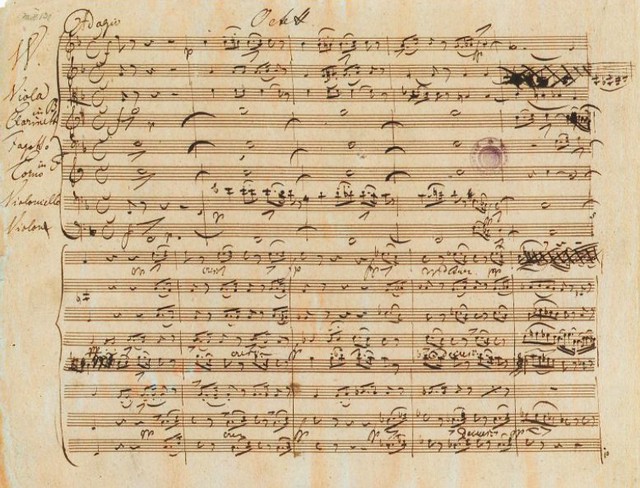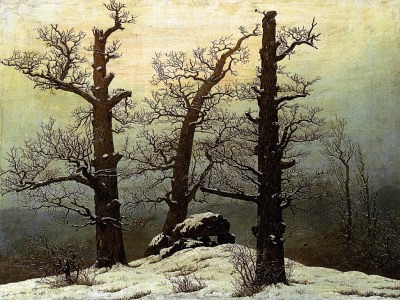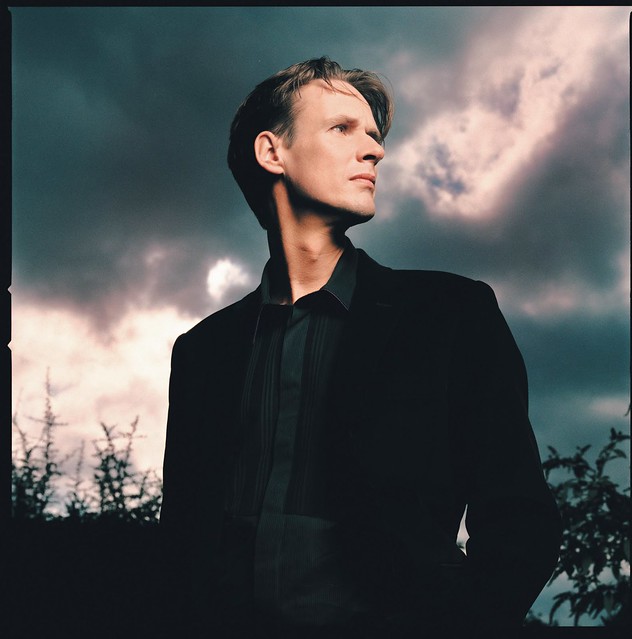Franz Schubert's Wintereise: A Masterpiece of Song
by , 08-27-2010 at 11:28 PM (10460 Views)
Franz Schubert's early death at age 31 may have been the greatest loss in classical music... even greater than the premature death of Mozart. Schubert was a phenomenally prolific and prodigal composer. While still in his teens, Schubert was already composing mature lieder (German art songs) such as Gretchen am Spinnrade which sets lyrics from Goethe's Faust. Schubert was afforded little formal musical or compositional education, and his family lacked even the resources to provide him with a piano. As such, Schubert often struggled with counterpoint and other formal elements of composition as well as with the structural concepts demanded by larger compositional forms such as the symphony, the sonata, and the opera.
The composer, instead, focused upon smaller musical forms... especially the string quartets, which are among his greatest works and owe to the composer's fluency upon the violin and his experiences making music in small intimate settings. Even more important was his innovations within the genre of the lieder. Where lieder were minor aspects of the oeuvres of Mozart and Beethoven, they become the center of Schubert's compositional output. He is generally acknowledged as the greatest songwriter ever.
Schubert came to the lieder at a fortuitous moment. German poetry was undergoing a great flowering during the Romantic era and Schubert was inspired by many of these poems. Where the usual lieder simply set the lyrics of the poem to a lovely melody, Schubert took the composition of songs much further. The voice and the piano accompaniment were seen as equal partners. The composer developed a great array of tonal and coloristic effects upon the piano... much as Beethoven had done with his piano sonatas... to such an extent that the accompaniment is almost "orchestral" in its range. He also approached the poems which he set in a dramatic... narrative manner... so that the music essentially paints an image of what is expressed in the texts... or what Schubert perceived in the texts... for in most instances, the composer brought a far greater depth to the songs than actually exists in the poems alone.
Schubert composed over 600 lieder... including 3 major song cycles: Die schöne Müllerin (The Beautiful Maid of the Mill), Schwanengesang (Swan Songs), and Winterreise (Winter's Journey). Where Schubert had never been able to successfully realize an opera, with these song cycles the composer was able to create a dramatic epic constructed of a collection of miniatures... rather as poets have long composed epic collections from a collection of sonnets and other short lyrical verse (Petrarch's Canzoni, Spenser's Amoretti, Herrick's Hesperides, Baudelaire's Les Fleurs du Mal, etc...)
The greatest of the song cycles, in the opinion of many... myself included... is the Winterreise. Winterreise sets a cycle of 24 poems by Wilhelm Müller. The songs present the voice of the poet/lover, forming a distinct narrative or dramatic sequence. The narrative, greatly simplified, begins with the poet, whose beloved now fancies someone else, leaving her house secretly in the middle of the night, abandoning the town and following the icy, frozen river to another village. He longs for death, and is reconciled to his loneliness. The ice and the cold... the darkness, and the stark and barren winter landscape mirror his emotional state. Along the way, he encounters various people who shun him as the outsider. At the very end, he comes upon an ancient barefoot hurdy-gurdy man, cranking out his music alone... yet no one listens... cares... or has given him so much as a penny. His only audience is the dogs who growl at him. But he just continues playing... and the singer/poet follows him. This allegorical journey of the soul clearly mirrored Schubert's own journey as a largely unknown composer... knowingly approaching death.
The music of the Winterreise travels through a diverse emotional and stylistic array. The are songs that mirror simple German hymns, ballads, Viennese waltzes, even elements suggestive of Modernist skittering of notes across the piano, or droning modal sounds... like Medieval chants.
I recently came across this performance of the Winterreise by the English tenor, Ian Bostridge, and the pianist Julius Drake. Initially I was a bit reserved about Bostridge performing the cycle as I have long been familiar with performances of this work by baritones and bass singers... but was surprised to discover that the work had originally been scored for tenor... and Bostridge is a marvelous singer of lieder. The entire cycle was dramatically staged and filmed by the director, David Alden:
http://www.youtube.com/watch?v=DLsaSm5iG9o
http://www.youtube.com/watch?v=NF6eN...eature=related
http://www.youtube.com/watch?v=Fofrz...eature=related
http://www.youtube.com/watch?v=NXwyl...eature=related
http://www.youtube.com/watch?v=TF5Du...eature=related
http://www.youtube.com/watch?v=uSHdV...eature=related
http://www.youtube.com/watch?v=pSnsd...eature=related
http://www.youtube.com/watch?v=i2m-L...eature=related
http://www.youtube.com/watch?v=GoPQ3...eature=related
http://www.youtube.com/watch?v=h2CMV...eature=related
http://www.youtube.com/watch?v=5gkOO...eature=related
http://www.youtube.com/watch?v=Fee9G...eature=related
http://www.youtube.com/watch?v=yvyvw...eature=related
http://www.youtube.com/watch?v=Z6IX4...eature=related
http://www.youtube.com/watch?v=SR5qF...eature=related
http://www.youtube.com/watch?v=H4hA0...eature=related
http://www.youtube.com/watch?v=Dvm7H...eature=related
http://www.youtube.com/watch?v=iouvv...eature=related
http://www.youtube.com/watch?v=lIg7g...eature=related
http://www.youtube.com/watch?v=KCodE...eature=related
http://www.youtube.com/watch?v=rB1LD...eature=related
http://www.youtube.com/watch?v=sdgiU...eature=related
http://www.youtube.com/watch?v=ovozg...eature=related
http://www.youtube.com/watch?v=14j7b...eature=related
A good many of these songs are exquisitely beautiful... incredibly moving. The finale... Der Leiermann is absolutely hypnotic... and stunning, while the cycle as a whole is emotionally harrowing.










